Russia’s blitz to wipe a nation off the map
The speed and ferocity of the invasion has caught both Ukrainians and outside observers by surprise.
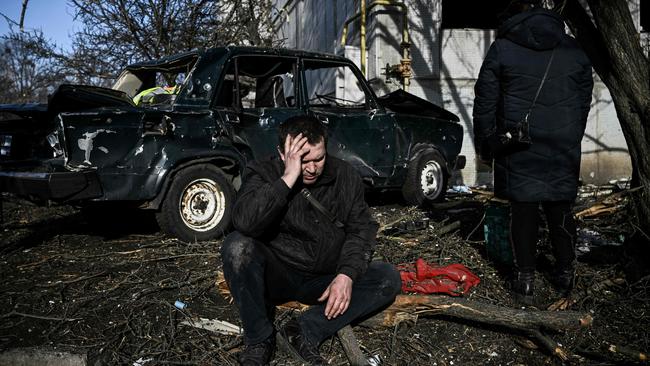
Six am Moscow time, on Thursday, February 24, 2022, is likely to be remembered as one of those hinge moments on which history turns. At that hour, Vladimir Putin announced a military operation with the goal of what he referred to as the “demilitarisation and denazification of Ukraine”.
The Russian president described the action about to be undertaken as a long-overdue strike against an American-led world order that he characterised as an “empire of lies”.
The operation, which began shortly after Putin’s statement, appears to be nothing less than an effort to reverse the course of events in Europe since the ending of the Cold War and the collapse of the Soviet Union. The implications for the international system, and for the sovereign rights of states and peoples, are grave.
Reports coming in from Ukraine indicate that the first phase of this operation, currently under way, is an effort to destroy Ukraine’s air defence infrastructure. The list of targets struck extends to the far west of Ukraine, close to the border with Poland. The western Ukrainian cities of Ivano-Frankivsk and Lutsk have received fire. Foreign embassies have relocated in their entirety across the border to Poland.
Michael Kofman, a Russia analyst at the Centre for a New American Security, tweeting on Thursday categorised the current targets as “air defence, command and control, logistics, air bases and air fields, but also large force concentrations”.
Russian ground forces, meanwhile, have crossed in from Belarus, to Ukraine’s north, and from Crimea. Incursions also have taken place into the Luhansk, Sumy, Kharkiv, Chernihiv and Zhytomyr districts. There is a real possibility that the Ukrainian capital, Kyiv, could soon find itself surrounded and occupied by Russian forces.
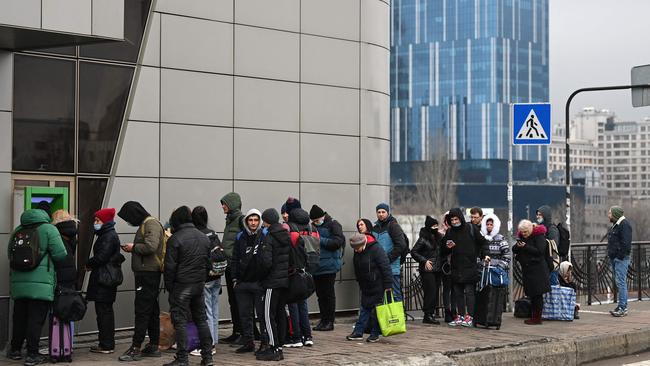
There had been rumours of what was coming. A Ukrainian military analyst informed me and other colleagues on Monday that “with 90 per cent certainty” a large-scale invasion would begin on February 24. The messages emerging from Western governments regarding the likely imminence of the invasion had been clear and unambiguous.
But the speed and ferocity of what is now transpiring nevertheless caught Ukrainians and outside observers alike by surprise. Shock and awe is clearly the Russian intention. Putin wants to pulverise Ukraine’s capacity for conventional resistance in the shortest possible time.
But to what larger purpose? The extreme and even bizarre terms used by the Russian President – “demilitarisation and denazification”, no less, of a country with a Jewish president, many of whose family members died in the Holocaust – confirm the far-reaching dimensions and objectives of what is taking place.
“They want to destroy the state of Ukraine. Putin wants to crush it so that it no longer exists,” is the unambiguous verdict of Mykola, a 35-year-old Kyiv based journalist, regarding Moscow’s goals. Mykola is an old friend and colleague of mine from the days when we covered the protests at the Maidan Nezalezhnosti together, in 2014. He spoke to me early on Friday from his apartment in the city.
“I expect that they will create some quasi state on the east bank of the Dnieper. They won’t go into the west,” he said. “Putin doesn’t see that as part of Russia.”
As for the mood in the city, “people are calm. Many already left, but people are generally calm … our cafeteria’s still open, by the way”. The “cafeteria” is a favourite bar of ours close to the Arsenalna metro station. I had planned to meet Mykola there next week. With Kyiv’s Boryspil airport under missile attack, though, these plans will have to be postponed for a while. Maybe a long while.
Mykola and other Kyivans I spoke to who preferred not to be named noted that they expect the Russians to seek to avoid widespread damage to the infrastructure of the city if they can. This, after all, is an invasion, in the Russian telling, of a brother-people, intended to bring them back into the fold.
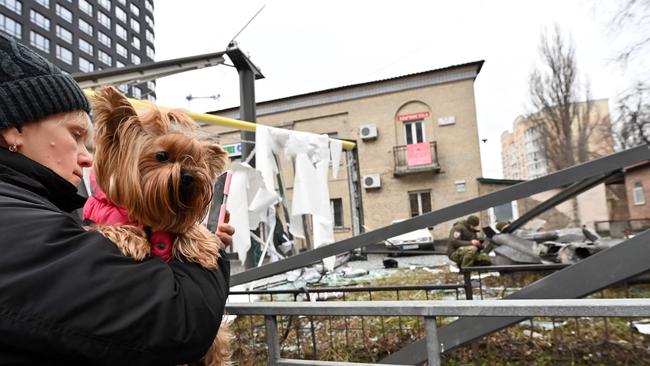
The focus, instead, will be to hit at key strategic points, crippling Ukraine’s military capacities and rendering organised, state level resistance impossible. It remains to be seen if this will be rapidly achieved.
The levels of resistance that will then emerge from the Ukrainian civilian populace also remain unknown. Putin may well have considered that the relatively recent vintage of Ukrainian independence, and the Russian-speaking traditions of many central and eastern Ukrainians, might ensure rapid acquiescence once the initial blitzkrieg phase of the operation is concluded.
He also will have noted that central and eastern Ukraine, which largely consist of flatlands under cultivation outside of the large cities, are hardly ideal terrain for guerrilla warfare. In this expected quiescence, however, the Russian leader may have miscalculated, leaving his forces or their local puppets vulnerable to an insurgency that may follow the conclusion of conventional operations.
The eclipse of Ukraine’s conventional forces, however, bereft of allies and support, is a foregone conclusion.
It is worth stating clearly what is under way in Ukraine so the severity of the moment be fully understood.
Putin is in the process of seeking to wipe off the map an internationally recognised sovereign state. The Russian leader intends to reduce Ukraine once more to the vassal status from which it declared independence in 1991.
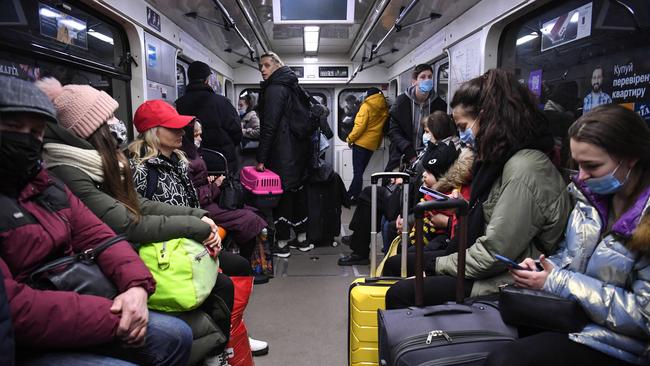
No such effort has been undertaken in Europe since the darkest days of the 1940s. Further afield, one would need to recall Iraqi despot Saddam Hussein’s abortive effort to wipe Kuwait out of existence in 1990 to find a parallel.
In that instance, in those distant days just after the end of the Cold War, a US-led coalition firmly re-established the sovereign borders of the attacked country. No such coalition will be coming to the rescue of Ukraine.
It is likely, however, that the missiles now landing on cities all over Ukraine are the opening salvos of a new competition that will dominate global affairs in the period to come.
Putin has just driven a stake through the heart of what remained of the rules-based international order. There was always much less to that order than its adherents claimed. Now its obituary can be written.
With the Russian invasion of Ukraine, a new period of power politics and great power competition opens up. Putin has demonstrated that it will be a time of ruthless aggression.
The question remaining is whether it will also be characterised by a determined resistance to that aggression.
Jonathan Spyer is director of the Middle East Centre for Reporting and Analysis. He is the author of Days of the Fall: A Reporter’s Journey in the Syria and Iraq Wars.


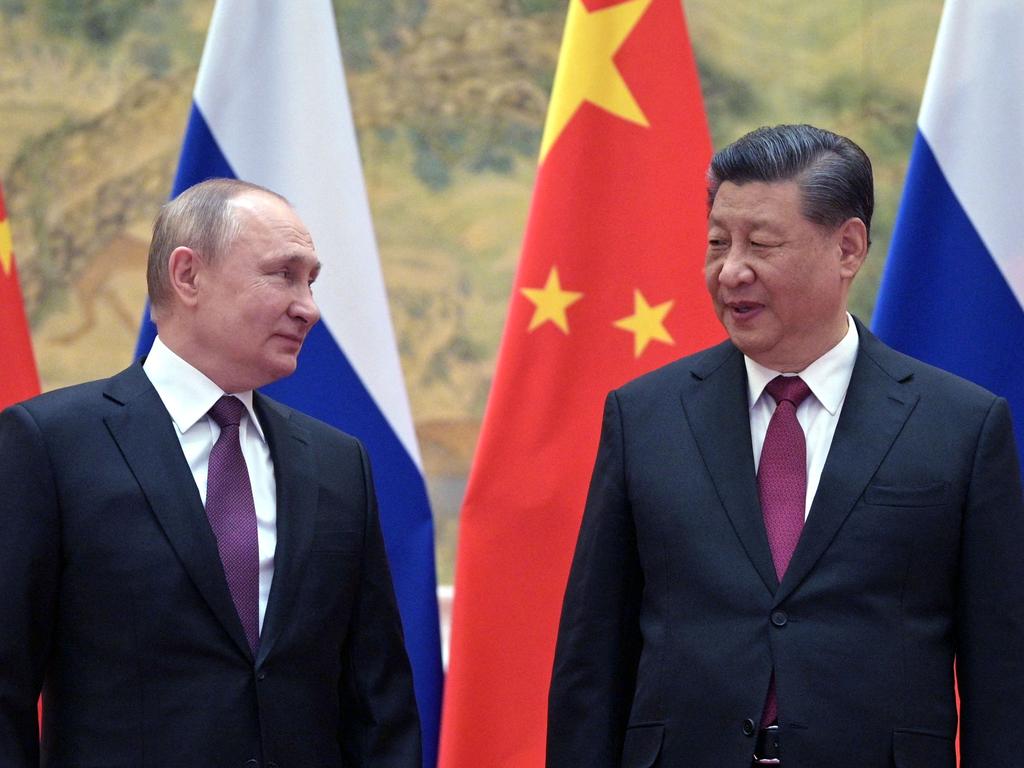
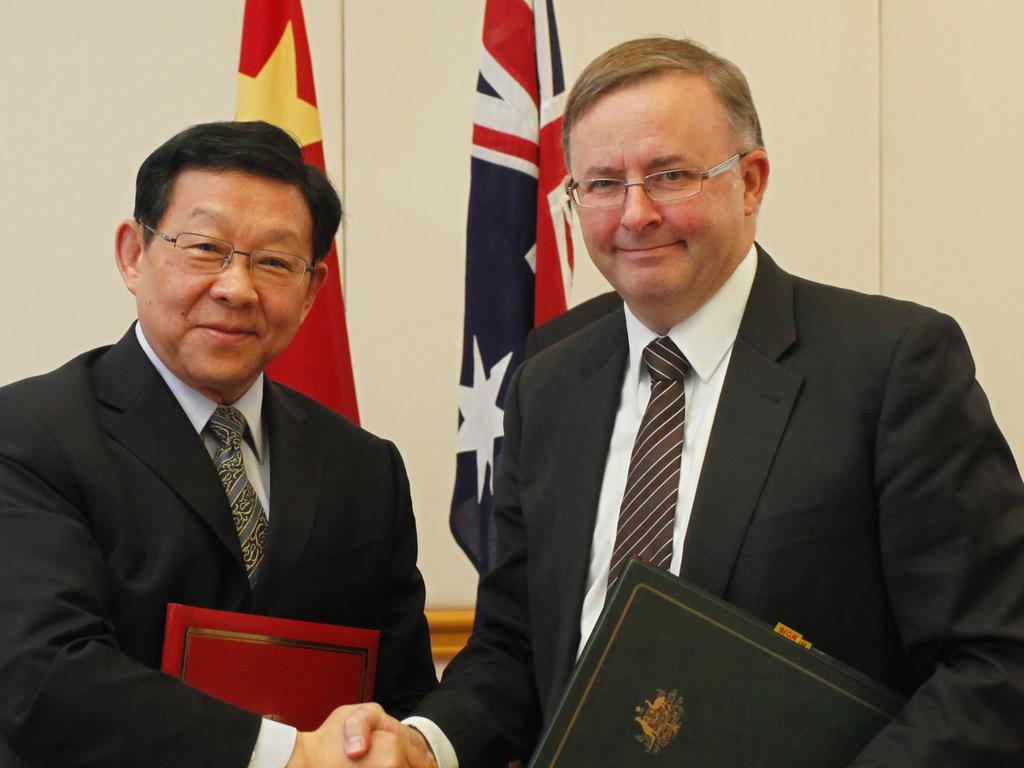
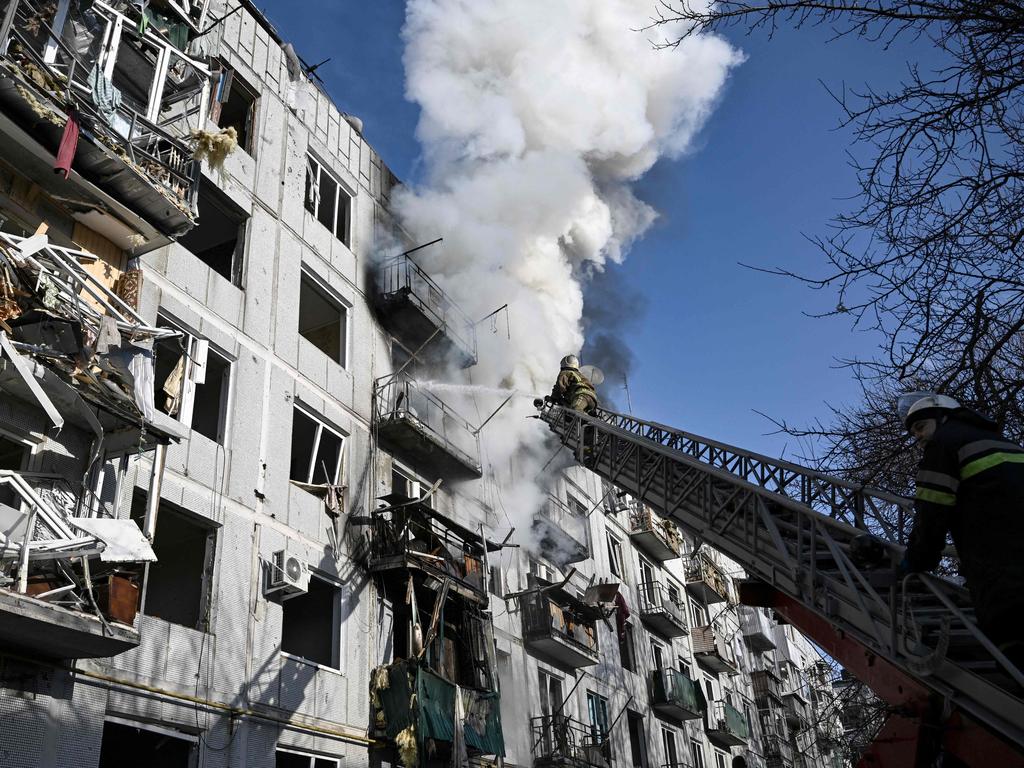
To join the conversation, please log in. Don't have an account? Register
Join the conversation, you are commenting as Logout